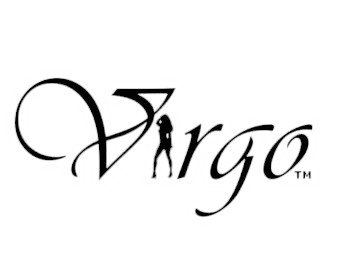South Africa’s Communications Minister, Solly Malatsi, is in talks with the Independent Communications Authority of South Africa (Icasa) to establish an equity equivalent programme for multinational telecom companies. This move could pave the way for SpaceX’s Starlink to operate legally in the country, addressing the stringent Black Economic Empowerment (BEE) requirements.
A Push for Connectivity in Underserved Areas
Malatsi’s initiative aims to expand broadband access to poor and remote communities. Although he did not name Starlink explicitly, the urgency of the policy suggests it is a primary focus. Thousands in underserved areas already use Starlink’s service despite its unofficial status, thanks to roaming kits. However, SpaceX’s crackdown on extended roaming has complicated matters, making permanent internet access via Starlink more challenging in South Africa.
Regulatory Hurdles: Ownership and Compliance
South Africa’s telecommunications regulations require 30% ownership by historically disadvantaged groups, including Black South Africans, youth, women, and people with disabilities. While Icasa suspended stricter ownership equity rules in 2021, the older 30% BEE ownership regulation still applies. Starlink’s rollout, initially slated for 2022, has faced delays due to these regulatory hurdles.
In 2021, Icasa informed Starlink that compliance with these ownership rules was essential. Subsequently, Starlink delayed its South African launch indefinitely. Meetings between Malatsi, Starlink representatives, and even a conversation between President Cyril Ramaphosa and Elon Musk earlier this year, reflect ongoing efforts to find a solution.
Equity Equivalence: A Potential Workaround
Malatsi’s proposed equity equivalent programme offers multinational firms an alternative path to meeting BEE requirements. Instead of direct ownership transfers, companies could invest in public or private initiatives that align with South Africa’s economic transformation goals. This proposal, if approved, could enable companies like Starlink to legally establish operations without needing to cede equity directly.
Starlink’s Challenges Across Africa
Starlink’s rollout across Africa faces similar regulatory challenges. SpaceX has stopped selling roaming plans in various African nations, including Nigeria, Kenya, and Zambia. The suspension reflects the pressure to comply with local regulations and the strain on Starlink’s capacity in the region.
Exploring Local Partnerships
While the equity equivalence programme could resolve regulatory challenges, alternative solutions might expedite Starlink’s entry. Partnering with local companies that already hold network and operating licences could help SpaceX bypass lengthy regulatory processes.
Conclusion
South Africa’s push for a Starlink rollout highlights the balancing act between fostering technological growth and adhering to equity-driven policies. The equity equivalent programme could be a breakthrough, enabling faster broadband access for underserved communities while ensuring compliance with local regulations. However, the timeline remains uncertain, and local partnerships may provide a faster path forward.
Open in App: com.virgozasocialapp://post/6224








Comments